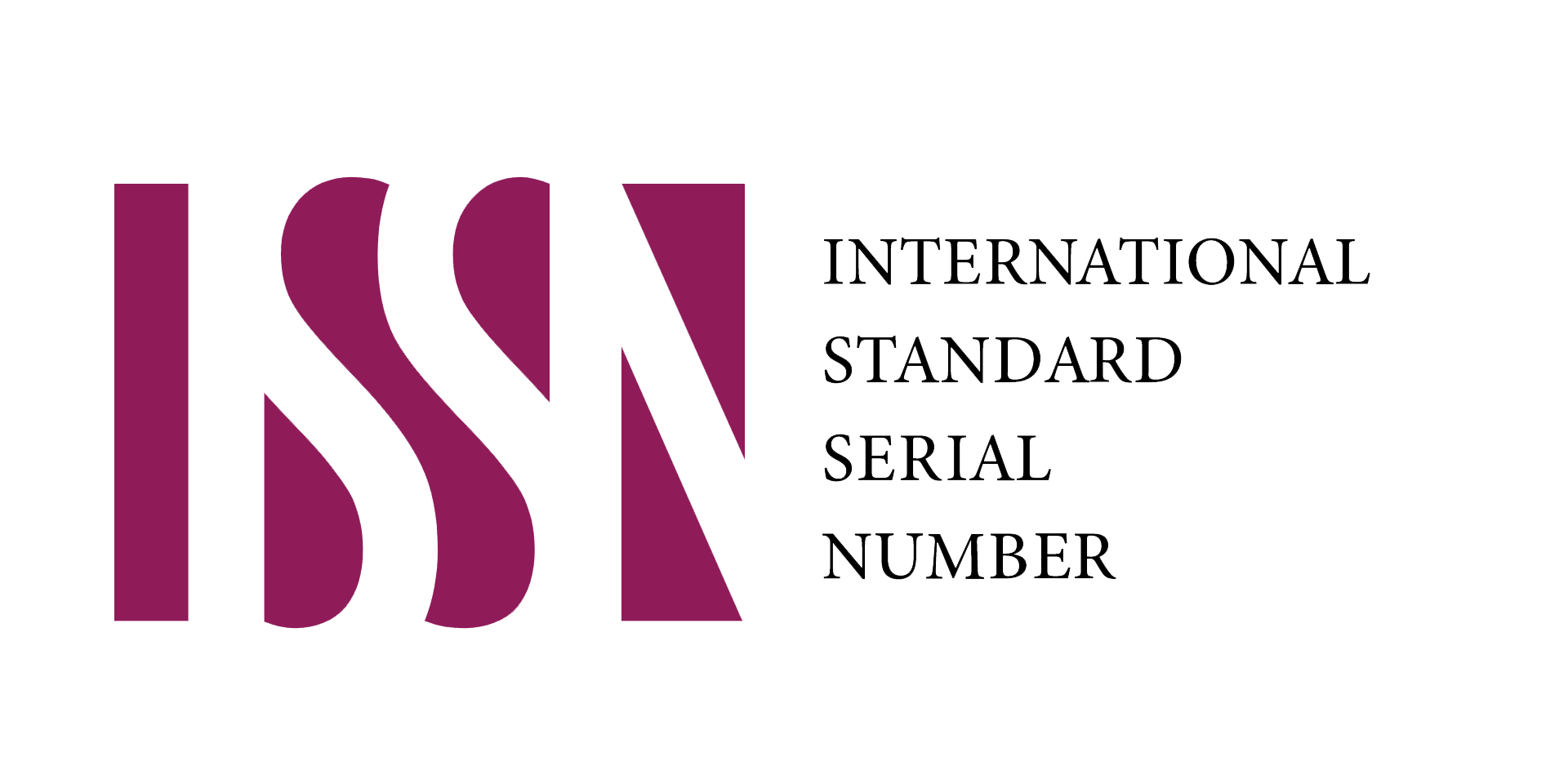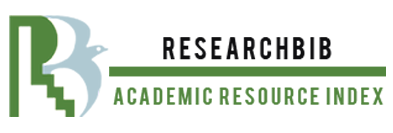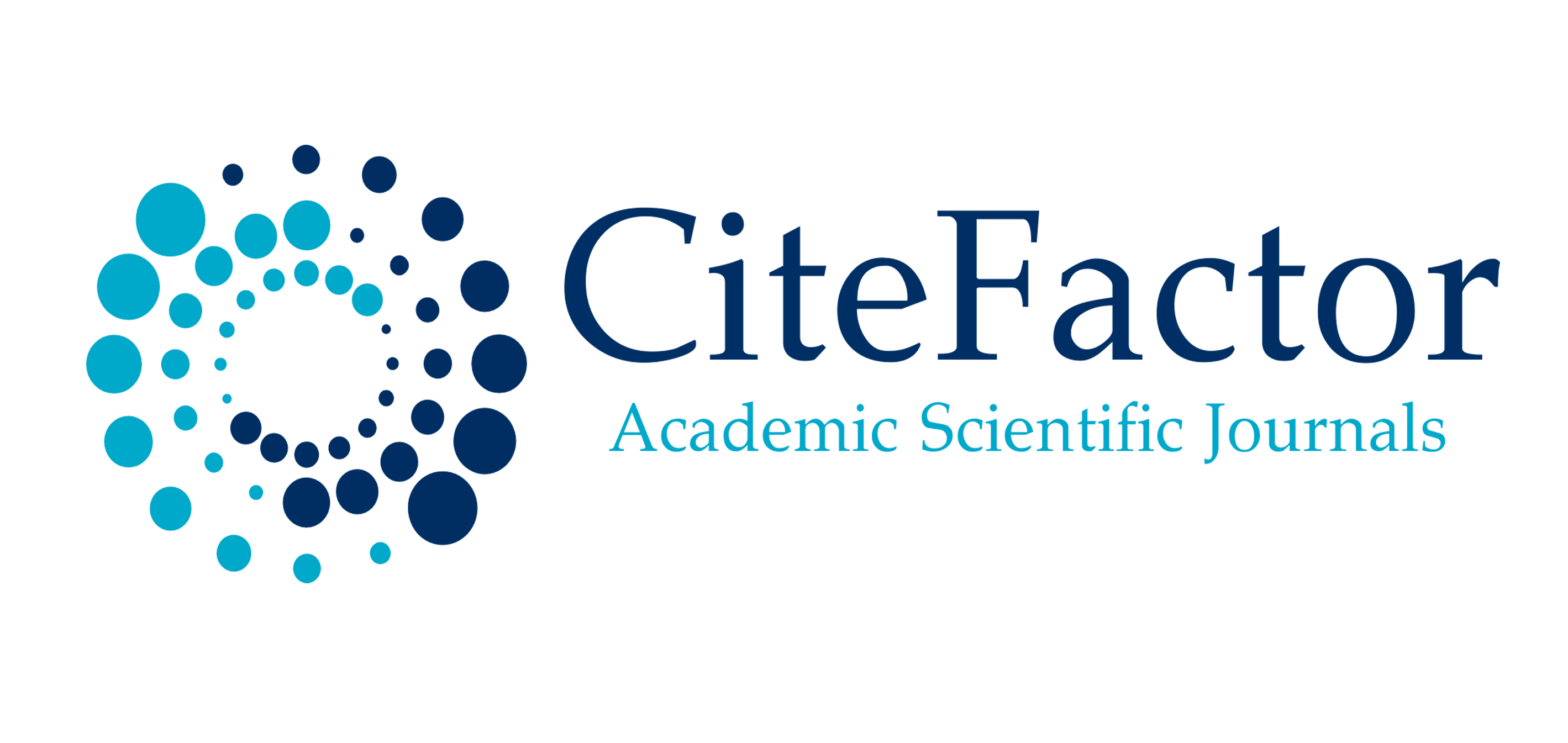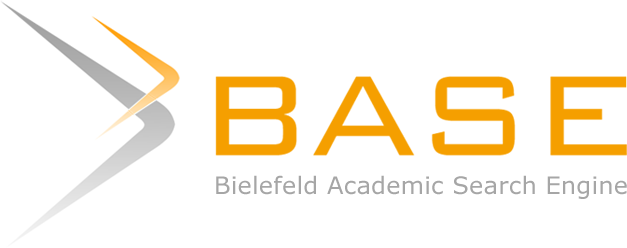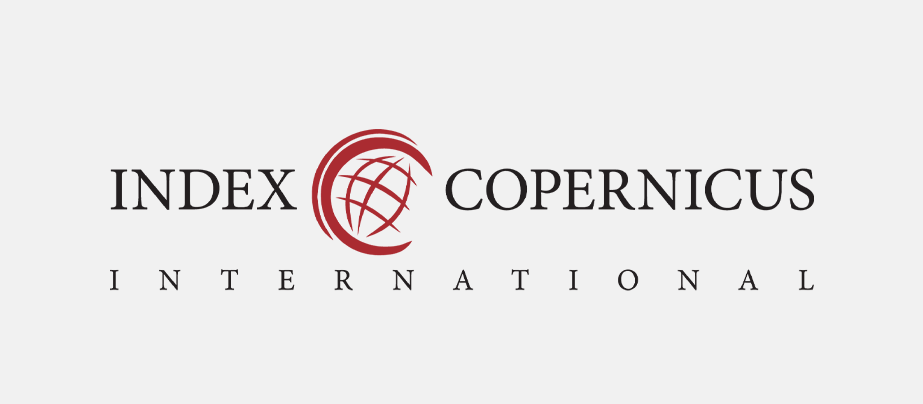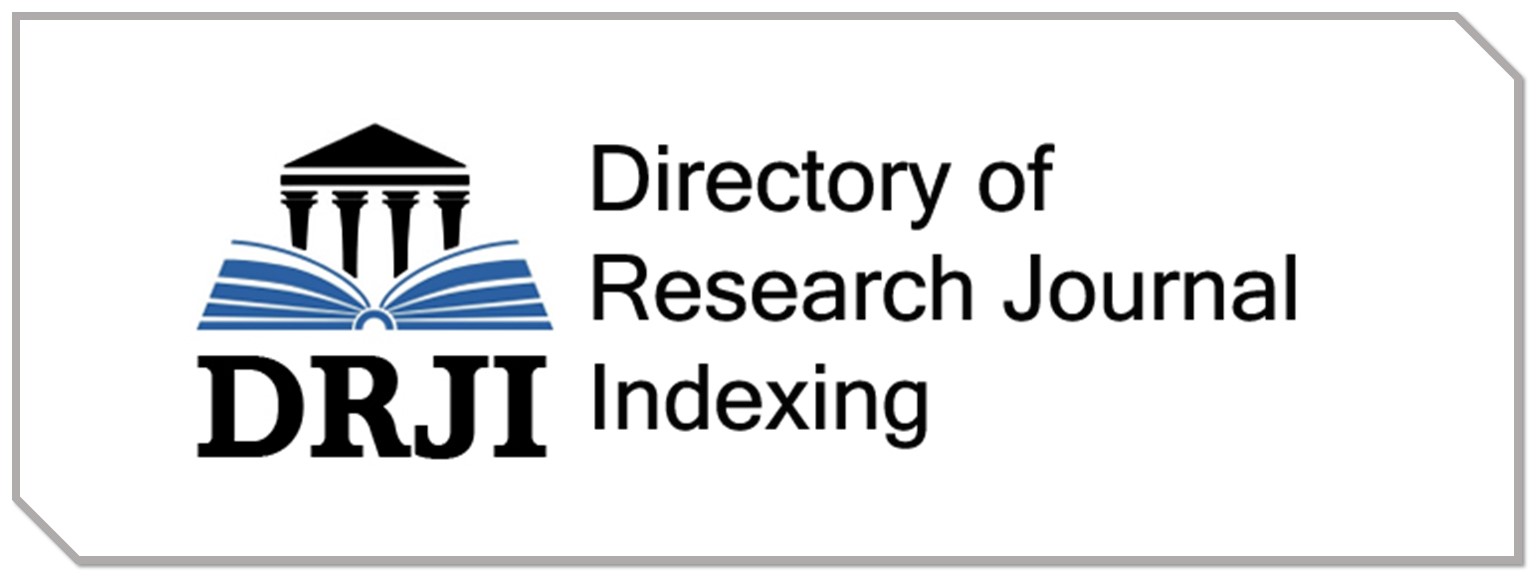Role of Multiculturalism in Linguistic Evolution in Uzbekistan
Keywords:
multiculturalism, linguistic evolution, Uzbek language, historical influences, globalization, code-switching, multilingualism, sociolinguistics, educational policies, language standardizationAbstract
This study explores the profound impact of multiculturalism on the linguistic evolution in Uzbekistan, examining historical, cultural, and social factors that have shaped the Uzbek language. Historically influenced by Persian, Arabic, Russian, and more recently, English, Uzbekistan's linguistic landscape reflects its rich cultural heritage and strategic location along the Silk Road.
The everyday communication and discursive practices indicate constant trends resulting from the features of globalization. It can also be observed that English continues to penetrate the Uzbek language. Sociolinguistic investigations and ethnographic research reveal a rich multilingualism in which code-switching and language intertwining present pragmatic adaptations in a multicultural society.
The state educational policies in Uzbekistan also cover multilingualism, where the introduction of the Uzbek language for education does not neglect the aspect of globalization and the ability to interact comfortably with persons of different nationalities. This corresponds to tendencies observed in educational systems aiming for intercultural competence for cultural exchange. Initiatives set for Uzbek language policy aim to maintain national support while supporting related dialects and minority languages, balancing linguistic unity with cultural diversity.
Therefore, the research establishes that multiculturalism plays a central role in shaping Uzbekistan’s linguistic dynamics, supporting the growth of a versatile linguistic ecosystem. The results of this research may be useful for understanding various stages of sociolinguistic change in different societies, and indicate that the further preservation of multilingualism and cultural and linguistic diversity is a rich and valuable resource for societies seeking to maintain an indivisible and unified linguistic identity

